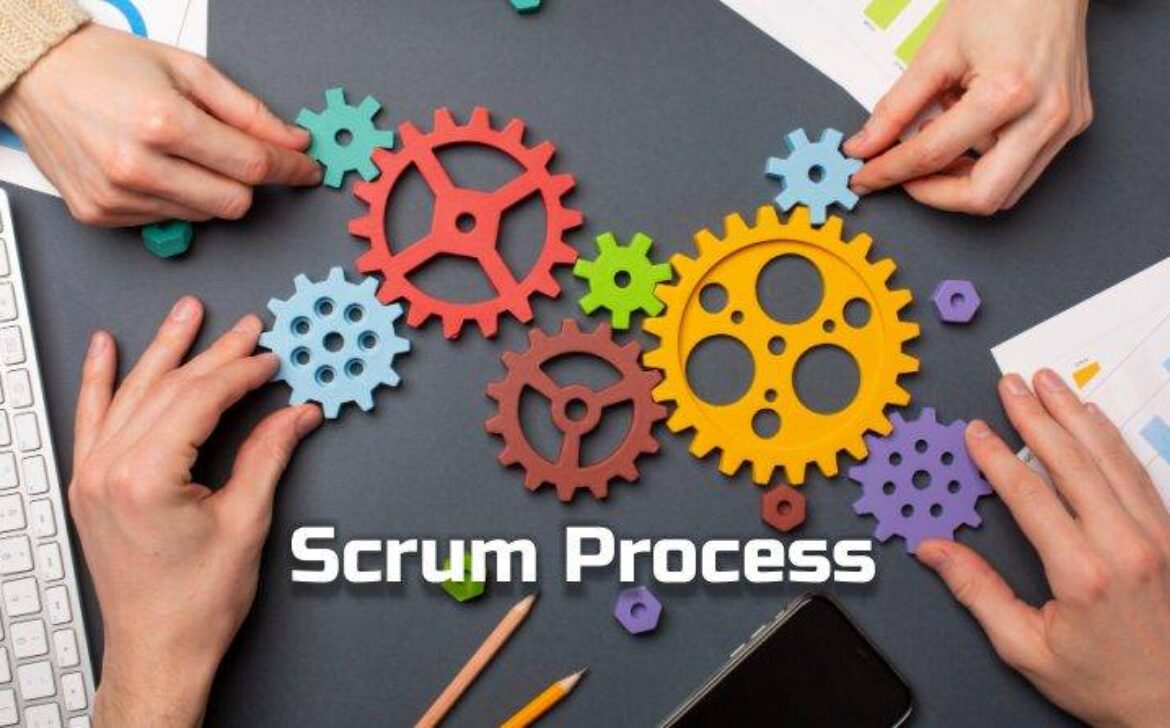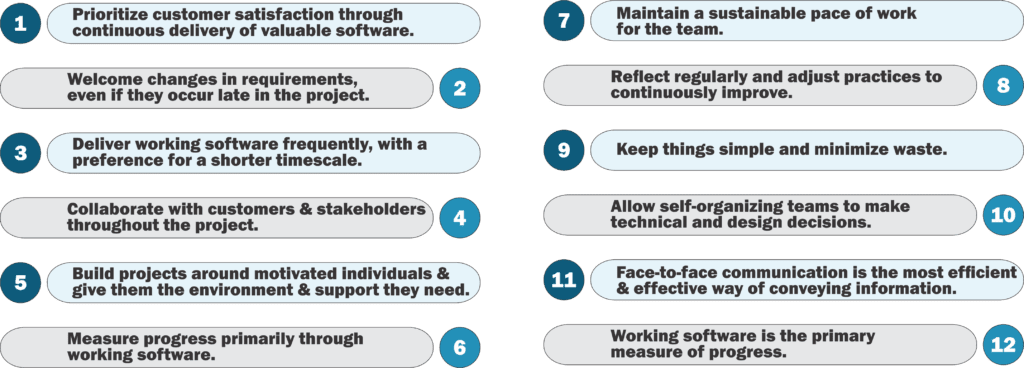Scrum Process
The Scrum process is an Agile project management framework that is widely used in software development. It is designed to help teams manage complex projects and deliver high-quality software products quickly and efficiently. The Scrum process is based on the principles of transparency, inspection, and adaptation.
Here are the key components of the Scrum Process



- Product Backlog: A prioritized list of features or requirements that need to be developed. The Product Owner is responsible for maintaining the backlog and ensuring that it is updated regularly.
- Sprint Planning: At the start of each Sprint (a time-boxed period of typically 2-4 weeks), the Scrum Team meets to plan the work that will be completed during the Sprint. They select items from the Product Backlog and create a Sprint Backlog, which is a list of tasks that need to be completed.
- Daily Scrum: A short daily meeting (usually 15 minutes) where the Scrum Team discusses progress, identifies any obstacles, and plans the work for the next 24 hours.
- Sprint Review: At the end of each Sprint, the Scrum Team presents the work that has been completed to the stakeholders and receives feedback.
- Sprint Retrospective: After the Sprint Review, the Scrum Team meets to reflect on the Sprint and identify ways to improve their processes.
The Scrum process emphasizes collaboration, self-organization, and continuous improvement. It allows teams to work in a highly flexible and adaptable manner, responding quickly to changing requirements and priorities. By focusing on delivering a working product increment at the end of each Sprint, the Scrum process ensures that value is delivered to the customer on a regular basis.
Blogger,
Prasant Pokarnaa
SEED Infotech Ltd., Pune



